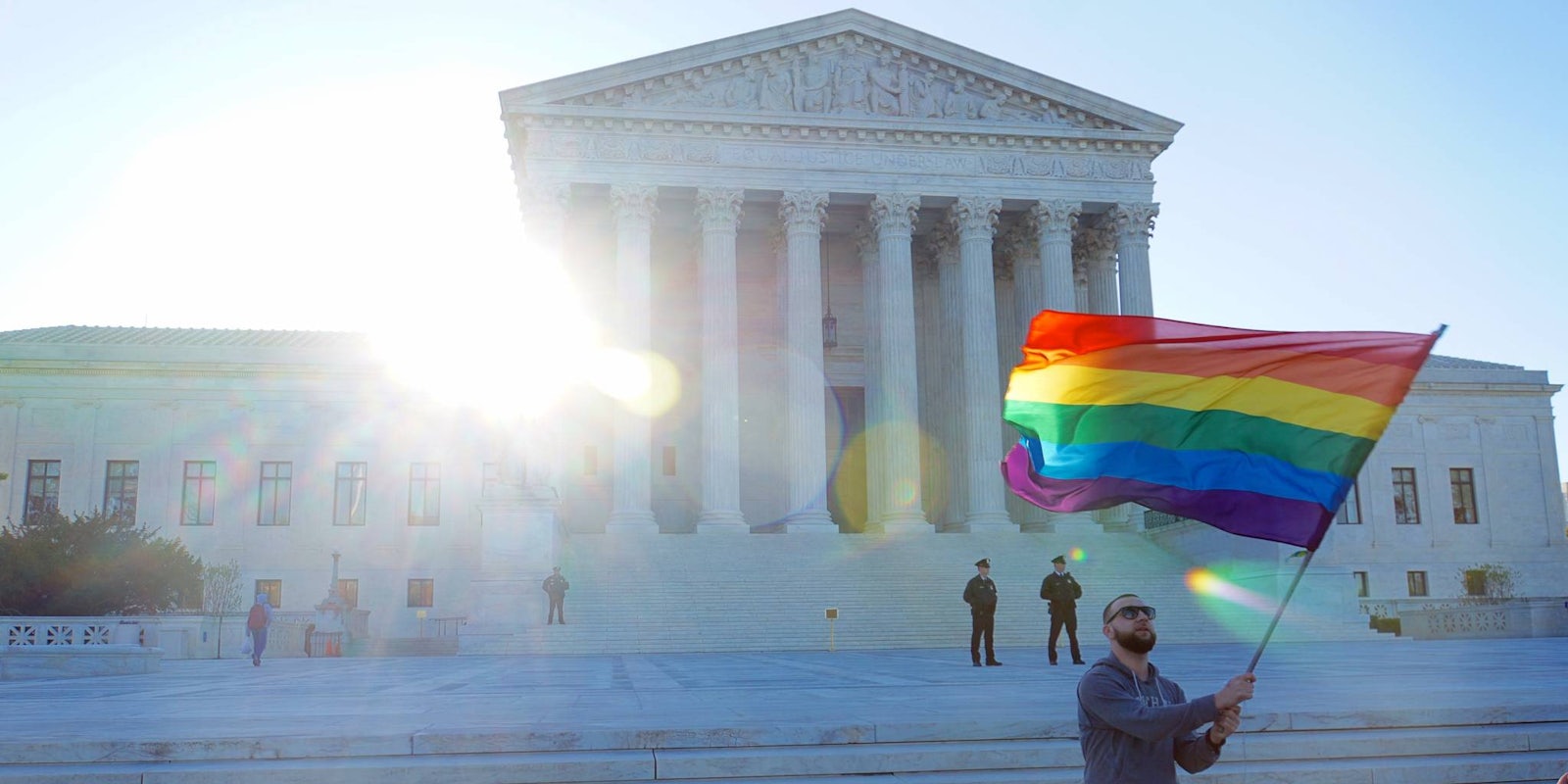States can continue to ban conversion therapy, the U.S. Supreme Court signaled Monday, after declining a Christian minister’s case against a California law that prohibits the practice.
In 2012, California outlawed conversion therapy throughout the state, declaring the practice was hurting LGBTQ people. But family therapist and minister Donald Welch challenged the law, arguing that the ban is unconstitutional. Joined by a conversion therapy patient and a Catholic psychiatrist, the group insisted that banning conversion therapy violates one’s religious freedom. The 9th U.S. Circuit Court of Appeals rejected the plaintiffs, leading them to appeal to the Supreme Court.
Reuters notes that this is the second time in the past three years that the California conversion therapy law has been brought to the Supreme Court, with SCOTUS also turning away a challenge to a New Jersey conversion therapy law. The court has since deferred to an appeals court ruling that the conversion therapy bans are constitutional, suggesting that freedom of speech and religion are not damaged by banning conversion therapy.
LGBTQ citizens see this an especially big win with new Justice Neil Gorsuch serving on the bench. Gorsuch has sided with the contentious Hobby Lobby in Burwell v. Hobby Lobby Stores ruling, arguing that corporations have the right to claim exemption on religious grounds from federal mandates, such as providing contraception. LGBTQ activists worry, however, that during religious freedom cases, Gorsuch may reiterate his previous arguments.


